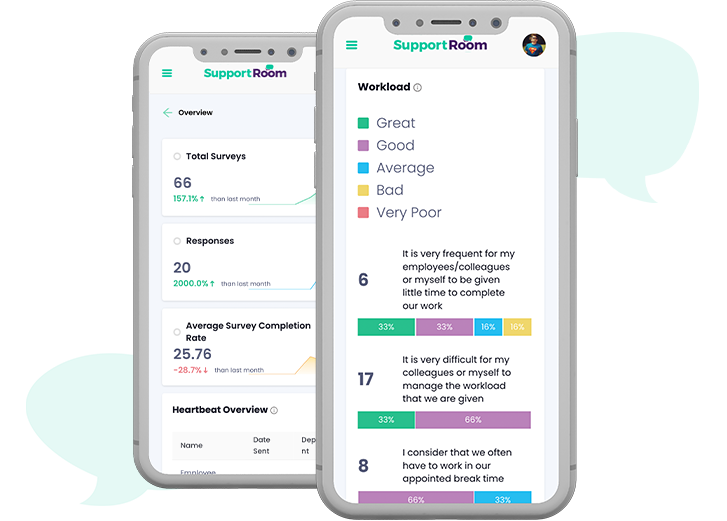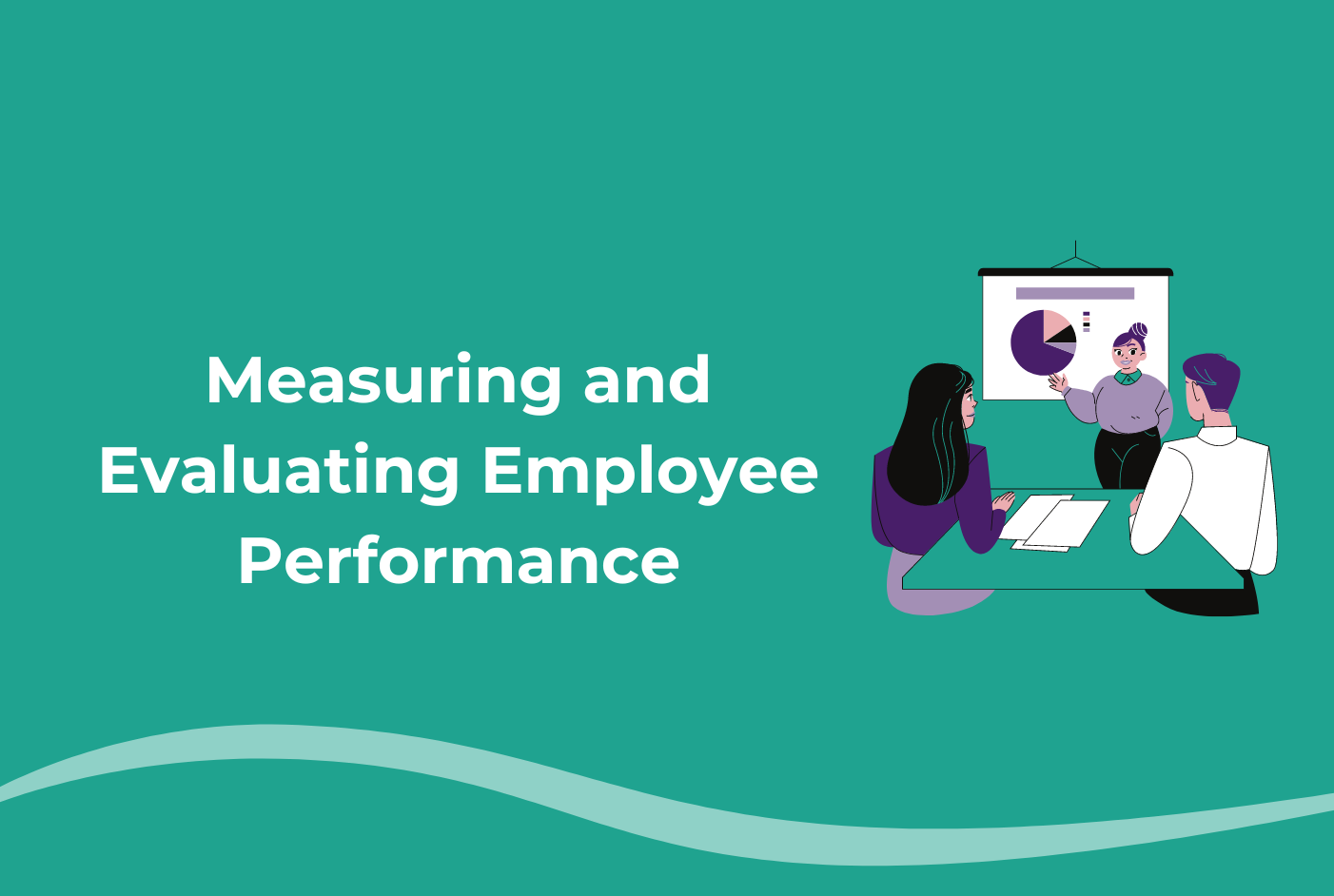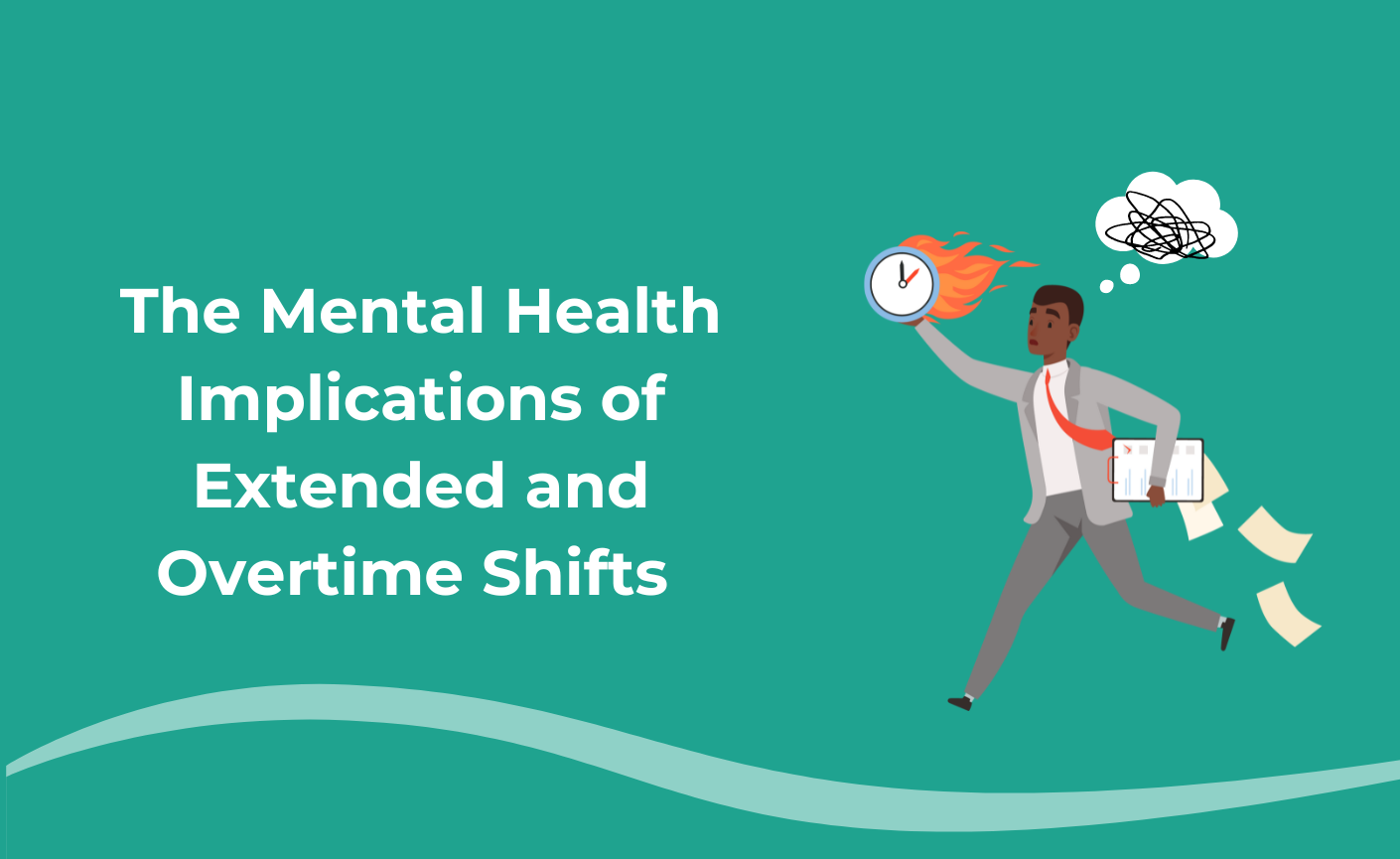what is stress management ?
Stress management refers to the various techniques and strategies used to manage and reduce
the negative effects of stress. This can include both physical and psychological methods, such
as exercise, relaxation techniques, cognitive-behavioral therapy, and time management.
The goal of stress management is to help individuals cope with stressful situations in a healthy and
effective way, so that they can improve their overall well-being and quality of life. Stress
management can be applied to both individuals and organizations, and can help to prevent
burnout and improve productivity.
Effects of uncontrolled stress
Uncontrolled stress can have a wide range of negative effects on an individual’s physical and
mental health, as well as their work performance.
Some of the most common effects of uncontrolled stress include:
• Physical health problems: Stress can lead to a variety of physical health problems, such
as high blood pressure, heart disease, and diabetes.
• Mental health problems: Stress can also lead to mental health problems, such as
depression, anxiety, and insomnia.
• Decreased productivity: Stress can negatively impact an individual’s ability to focus and
be productive at work.
• Increased absenteeism: Stress can cause an individual to take more time off work due to
illness or burnout.
• Interpersonal problems: Stress can lead to problems in an individual’s relationships with
friends and family.
• Substance abuse: Stress can lead to an increase in alcohol and drug abuse.
• Decreased job satisfaction: Stress can lead to a decrease in job satisfaction and an
increased likelihood of job turnover.
• Impaired decision-making: Stress can cause cognitive impairment and can lead to poor
decision-making.
It’s important to note that uncontrolled stress can also have long-term effects on overall well-
being, and can lead to chronic health conditions if not addressed and managed properly.
Common sources of work stress for managers
• Heavy workload: Managing a large workload and meeting tight deadlines can be a major
source of stress for managers.
• Interpersonal conflicts: Dealing with conflicts and difficult people can be challenging and
stressful for managers.
• Organizational change: Changes in the organization, such as restructuring or downsizing,
can create uncertainty and stress for managers.
• Lack of control: Managers may feel stressed when they do not have control over
important aspects of their work or when they are not able to make decisions.
• Role ambiguity: Managers may feel stressed if their role or responsibilities are not clearly
defined.
• Performance pressure: Managers may feel stressed if they are responsible for the
performance of their team and are held accountable for their results.
• Work-life balance: Managers may struggle to balance their work responsibilities with their
personal and family life, leading to stress.
• Fear of failure: Managers may be stressed by the fear of failure or of not meeting
expectations from superiors or colleagues.
Effective Stress Management for Managers:
• Prioritize self-care: Make sure to prioritize physical and emotional self-care, such as
regular exercise, healthy eating, and getting enough sleep.
• Practice mindfulness: Mindfulness practices, such as meditation and deep breathing, can
help you stay present and focused, and reduce stress.
• Stay organized: Keep your workspace and schedule organized to reduce feelings of
overwhelmed and disorganization.
• Communicate effectively: Communicate clearly and effectively with your team, and make
sure to actively listen to their concerns and needs.
• Delegate tasks: Delegate tasks and responsibilities to your team members to reduce your
workload and increase their sense of ownership and engagement.
• Take breaks: Regularly take short breaks throughout the day to refresh your mind and re-
energize.
• Practice time management: Use time management techniques to help you stay on top of
your tasks and deadlines.
• Seek support: Don’t hesitate to seek support from colleagues, friends, or a therapist if
you’re feeling overwhelmed.
With SupportRoom clients can send text, videos, and voice messages anytime and from anywhere. All our therapists are fully qualified and offer confidential, convenient online therapy. Get access to therapy, wherever & whenever you need it. SupportRoom’s mission is to make therapy available, affordable and provide ongoing support for all.
You can find out more information about SupportRoom here.
Do you want to find out how we can bring mental support to your organization?

Gain FREE access to Heartbeat
Get a free Heartbeat Survey.
Let us uncover the true state of your team’s wellbeing with a free mental health survey for your entire organisation.
Gain valuable insights to see how you can better support your team’s mental health and performance.
No pitch. No credit card required.





